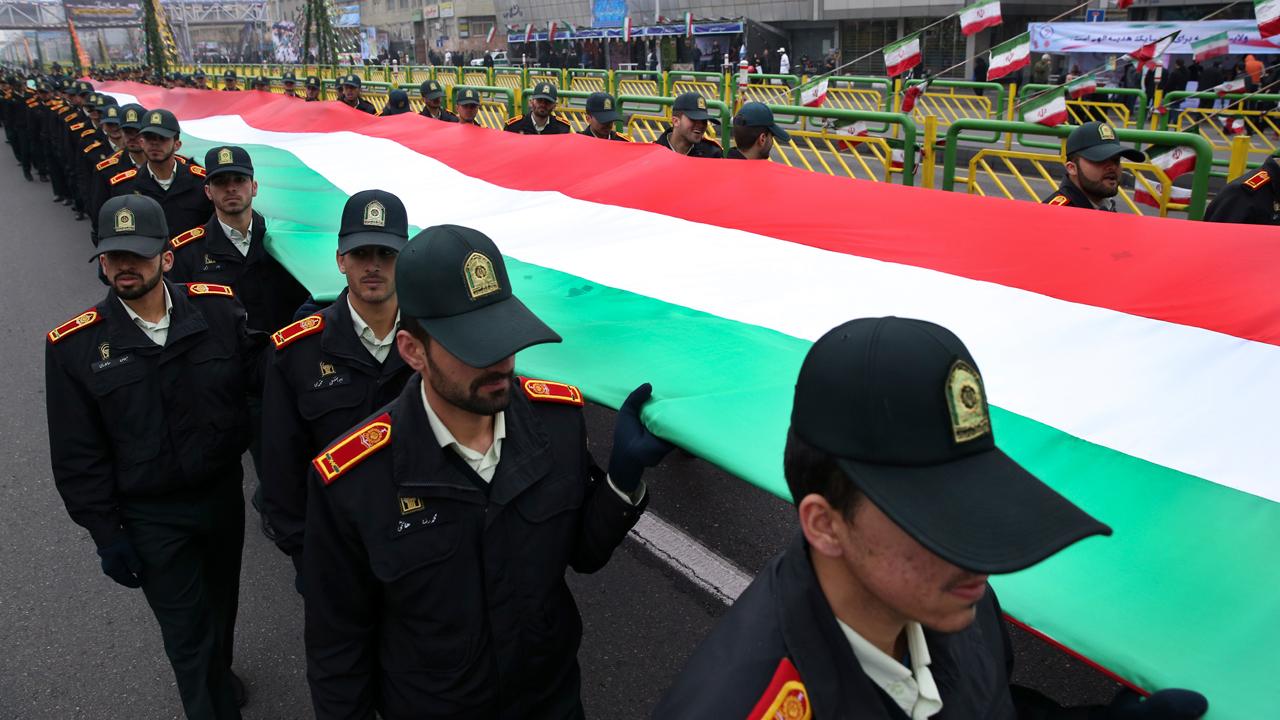Trump expected to decertify Iran nuclear deal, official says
Continue Reading Below
Why Trump needs to abandon the Iran nuclear deal
Former U.S. ambassador to the U.N. John Bolton explains why President Trump should abandon the Iran nuclear deal, one of the major foreign policy achievements of the Obama administration that limits the ability of Iran to acquire nuclear weapons.
President Donald Trump is expected to announce soon that he will decertify the landmark international deal to curb Iran's nuclear program, a senior administration official said on Thursday, in a step that potentially could cause the 2015 accord to unravel.
Trump has been weighing whether the pact, which he has called an "embarrassment," serves U.S. security interests as he faces an Oct. 15 deadline for certifying that Iran is complying with it.
The official, speaking on condition of anonymity, said Trump is also expected to roll out a broader U.S. strategy on Iran that would be more confrontational. The Trump administration has frequently criticized Iran's conduct in the Middle East.
Continue Reading Below
AdvertisementIf Trump declines to certify Iran's compliance, U.S. congressional leaders would have 60 days to decide whether to reimpose sanctions on Tehran suspended under the agreement.
The Washington Post first reported Trump's plans to say that he will decertify the deal.
Trump has long criticized the pact, a signature foreign policy achievement of his Democratic predecessor Barack Obama which was signed in 2015 by the United States, Britain, France, Germany, Russia, China, the European Union and Iran.
<3>More from FOXBusiness.com...




















